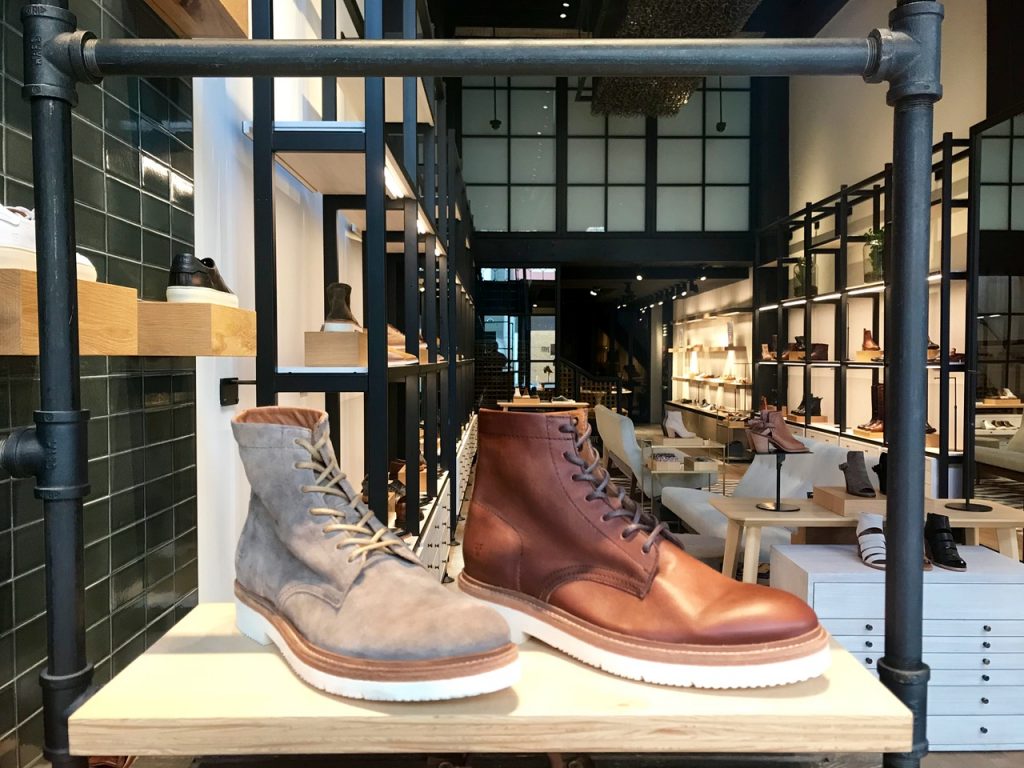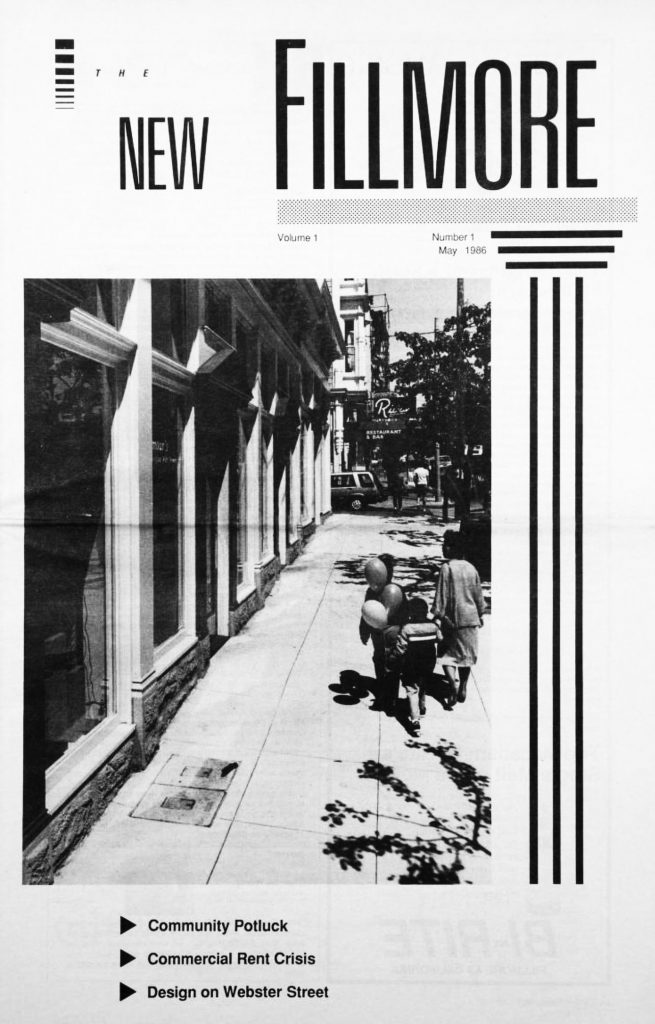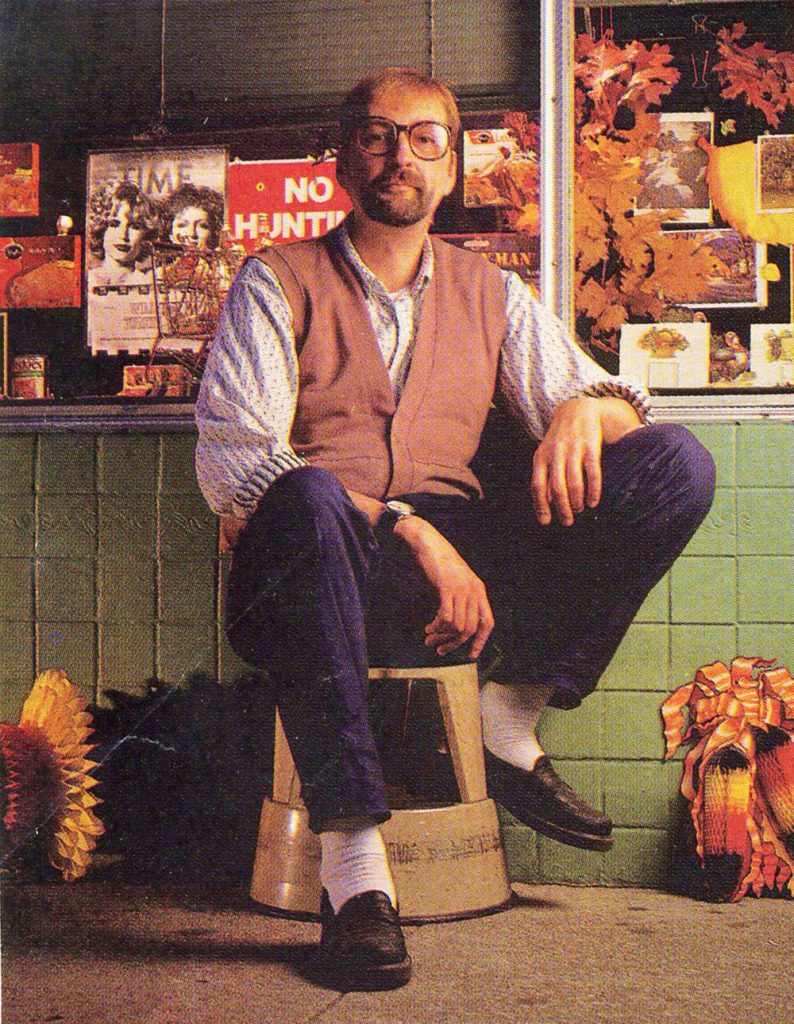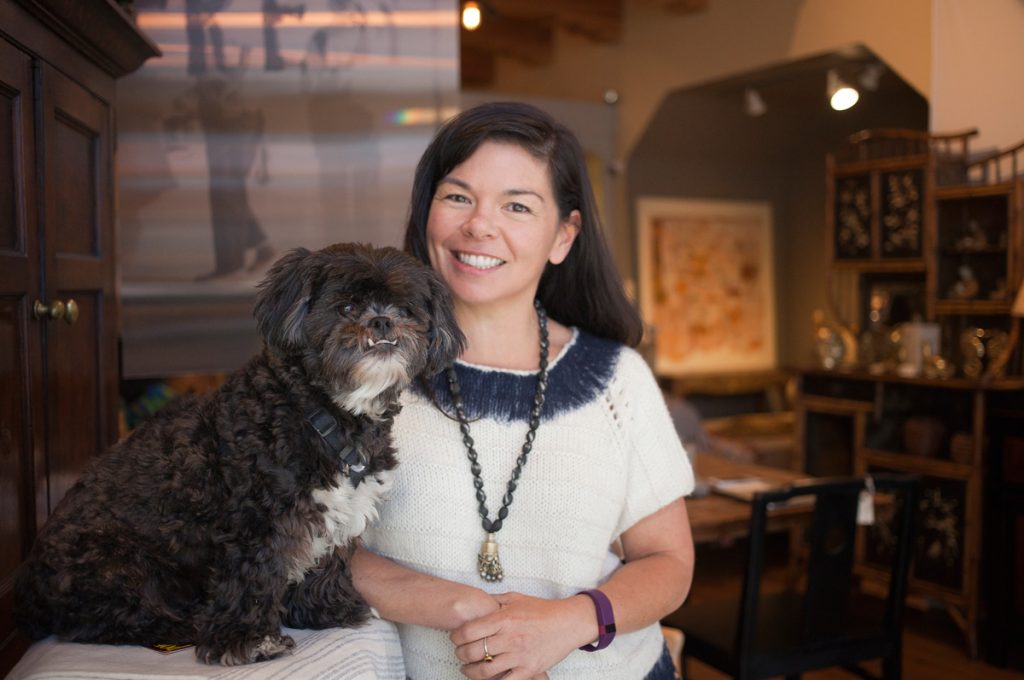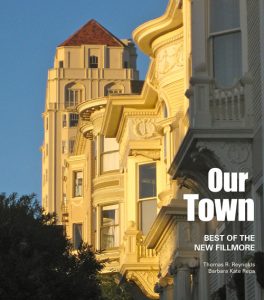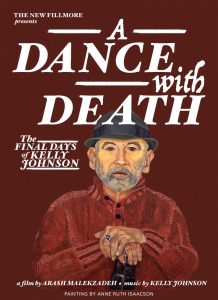
FIRST PERSON | TRACI TERAOKA
Over the years, many artists asked me to consider showing their work at my shop, Poetica Art & Antiques. One day a woman walked in who was looking for a place to present a special print, which she called “1,000 Monks.” Andrea Speer Hibbard was visiting from her home in Santa Rosa. She had created the original artwork back in 2001, and her son had encouraged her to make prints to make it more widely available.
Little did I know how important that serendipitous encounter would become.
Andrea and I quickly reached an agreement, and soon “1,000 Monks” was for sale in my shop. It has been my best-selling item, and one of the single greatest contributions my small business has made to the community. Andrea has been wonderful to work with, often hand-delivering prints so we can visit.
The giclee prints have been a source of joy and happiness, connection, strength and contemplation since the day they first arrived. Many people stop in their tracks once they make eye contact with “1,000 Monks.” They look, find a monk looking back and soon are transported, looking at different monks. The piece is instantly engaging. And that happens time and time again, day after day. Some people have told me they walk by just by hoping they can visit the monks through the window.
For many years, the only sales I had on the website for the Poetica shop was the print of “1,000 Monks. “ I don’t sell them by the thousands, but when the bell on my phone sounds, notifying me of a sale coming through, more often than not it’s still for “1,000 Monks.”
Sales are often the result of someone seeing the piece in a friend’s home, creating a little chain reaction. A friend bought one and had it shipped to Jonesboro, Arkansas. That purchase led to several of her friends acquiring the piece in several cities in the South.
Sometimes the piece provides needed comfort. In 2015, three young people went on a murderous rampage beginning at Golden Gate Park after Hardly Strictly Bluegrass. Their next stop was Marin, where they shot Steve Carter and his dog Coco multiple times. Coco survived. Steve did not. Steve’s wife, Lokita Carter, suddenly a widow, was also grappling with intense chemo treatments for a rare late-stage cancer. I heard the familiar bell notification on my cell phone that “1,000 Monks” had been ordered. It was Lokita. Andrea and I refunded Lokita’s purchase and gifted it to her. She recently told me the monks continue to be a cornerstone in her life.
Another story: Last fall, I was talking to a neighbor in front of the shop when a man stopped to look in the window and became mesmerized by the framed “1,000 Monks.” He said he was having a difficult and challenging week, and really wanted the piece. As I was processing his sale, he confided he was James Roche — a roommate at Yale of Brett Kavanaugh, then battling for confirmation as a justice on the U.S. Supreme Court. Though raised in an ultra-conservative family — his father owned a MAGA hat — Roche said he had taken a leap of faith and gone public with his belief that Kavanaugh had lied repeatedly under oath and sexually assaulted another woman who was a friend.
There is something in this piece that creates connection, happiness, contentment — and solace.
The giclee print of “1,000 Monks” is $85. It’s in stock at Poetica, at 3461 Sacramento Street.
Filed under: Art & Design, Retail Report | Leave a Comment »
